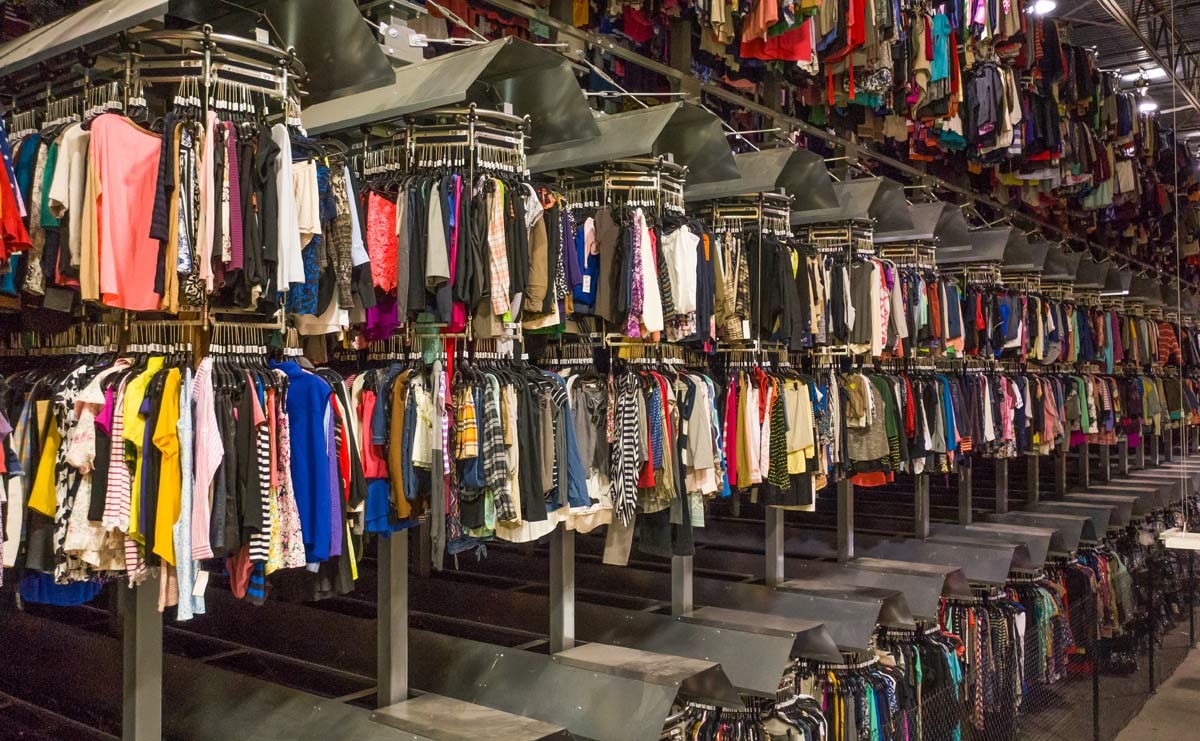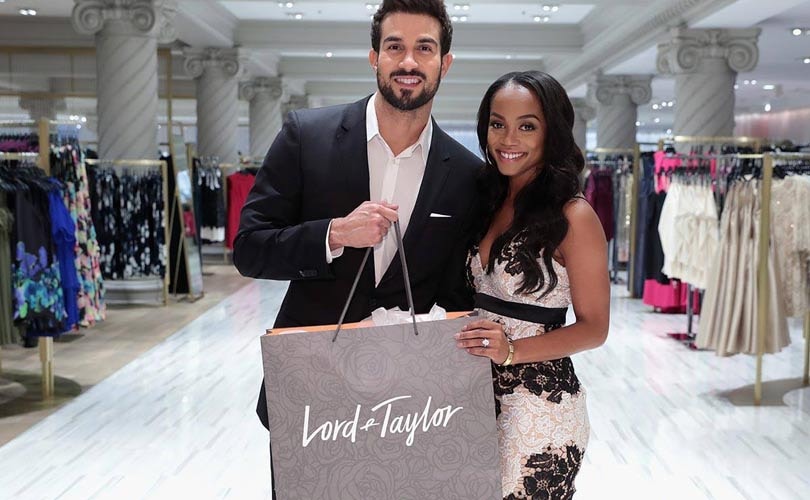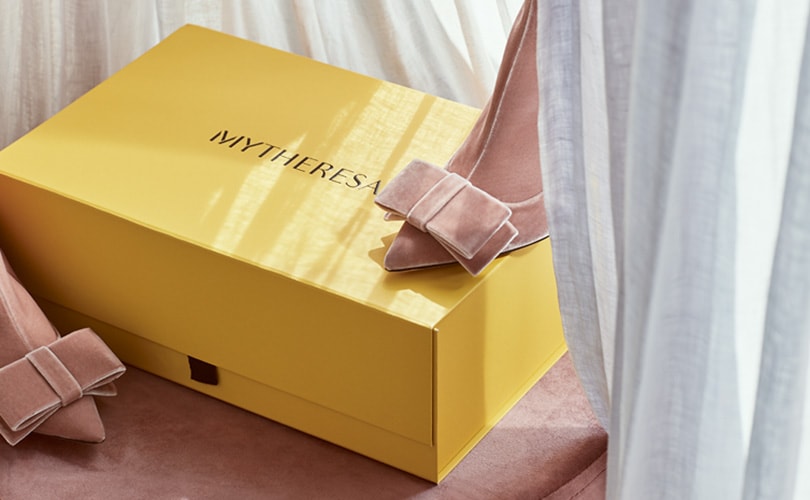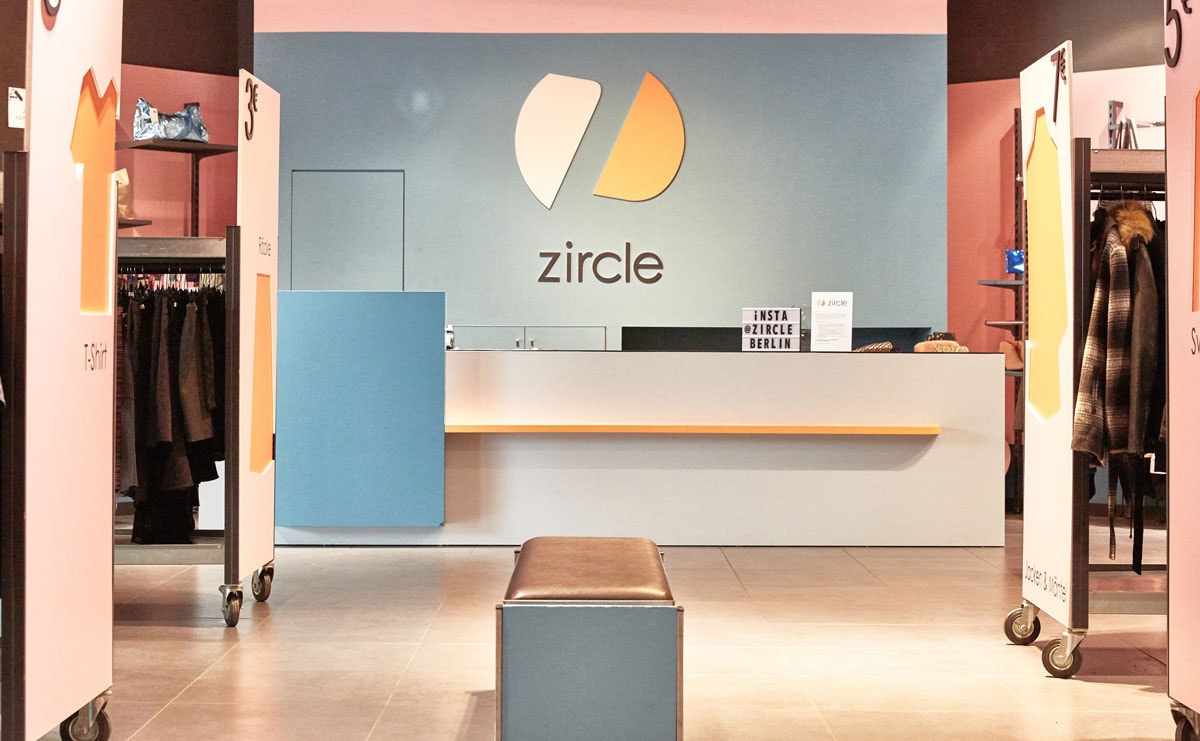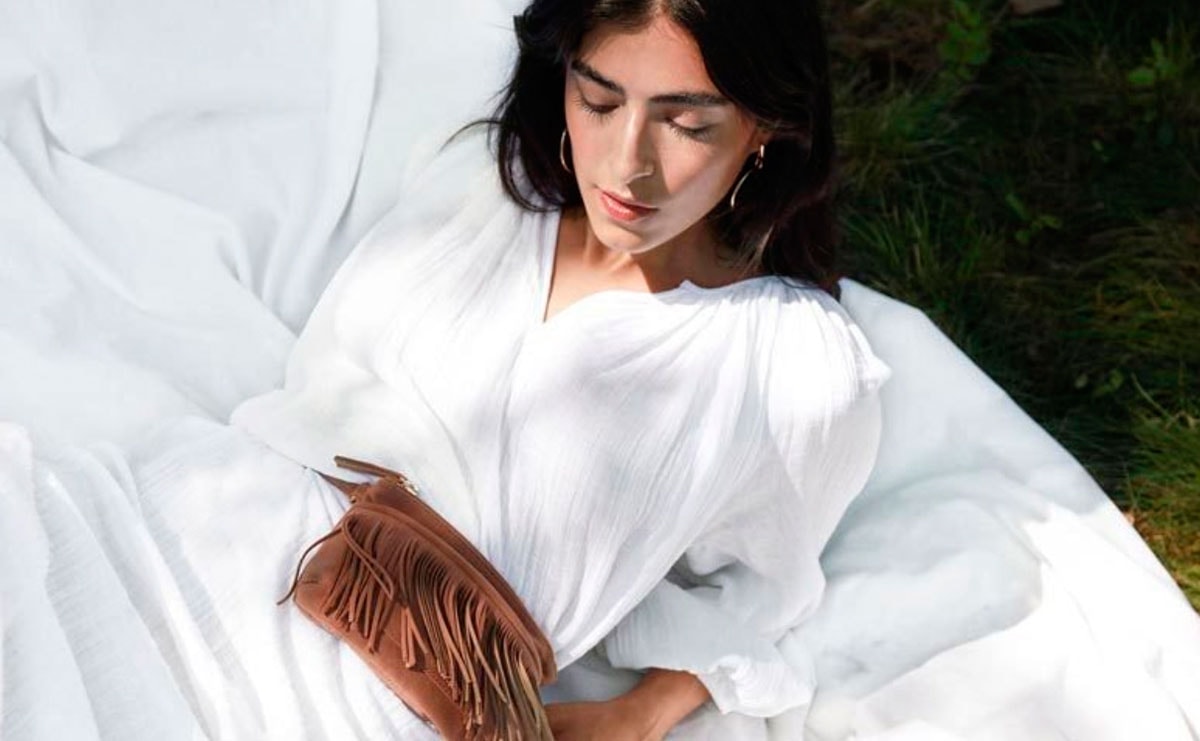
Vegan fashion - once snickered at as a short-lived fad at best - is now becoming fashionable, if not mainstream and even luxury brands are catching on and increasingly make do without fur, angora, mohair, exotic skins and even leather, wool and silk. Mainstream labels are setting examples, for instance Amsterdam-based denim brand Kings of Indigo is now a 100 percent vegan brand; luxury fashion brand Stella McCartney has always been vegan and pioneers like Loomstate, Planet Guests, Doshi and others are pushing boundaries when it comes to new standards in fashion. FashionUnited has taken a look at recent alternatives embraced by brands going fully or partly vegan.
Vegan brands
Vegan products are defined by PETA as being “clothes, shoes and accessories that contain no leather, fur, wool, skin, exotic skins or any other animal-derived fabric.” “Veganism as a lifestyle choice is more popular than ever and with ever-rising cruelty-free product demand, retailers, beauty brands and designers are raising their game to meet the animal-free market needs,“ finds the animal rights organisation.
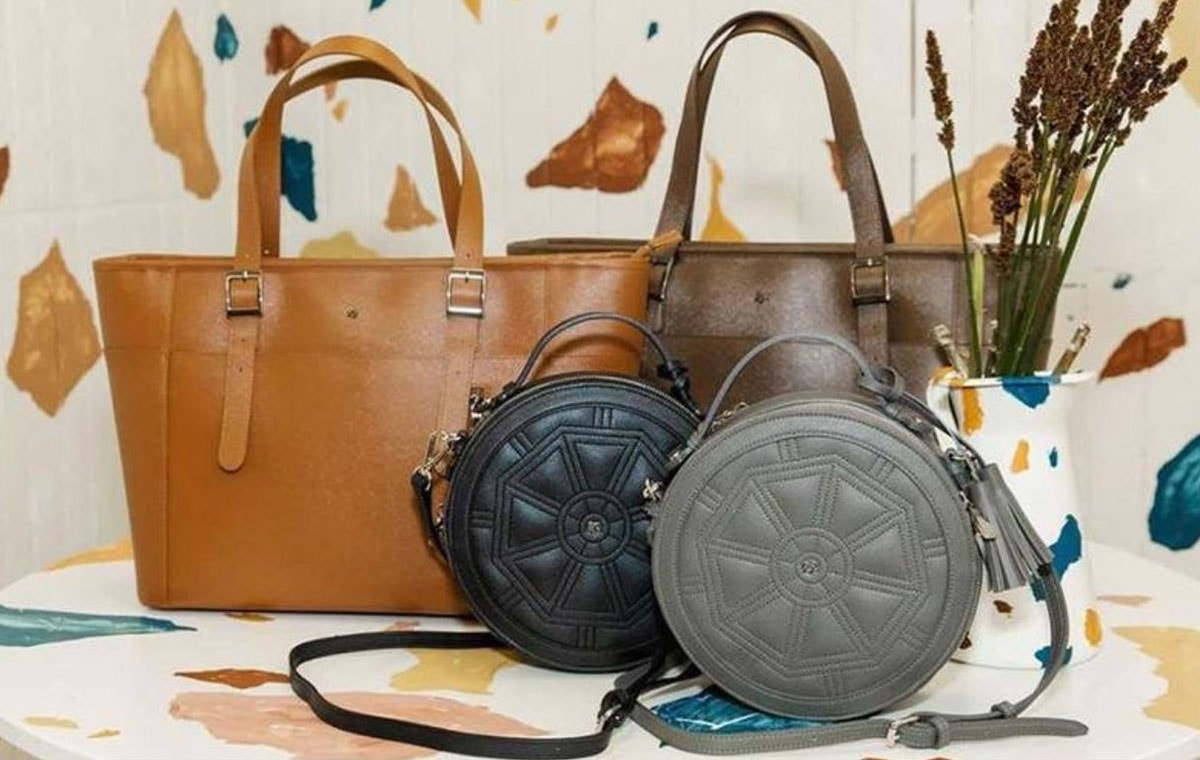
American vegan handbag company Gunas is known for creating cruelty-free handbags which are hand-crafted in South Korea, in sweatshop-free facilities. The brand announced the launching of a beauty line to produce 100 percent plant-based animal-free artisanal beauty bars, starting with pure olive oil soap in floral fragrances and volcanic ash.
Read more...
Aldo and Call it Spring to eliminate single use shopping bags
The Canadian retailer of men’s and women’s shoes, Call It Spring, has become fully vegan by removing all animal materials from its entire product range. In keeping with its commitment to a greener future, Canadian Aldo Group, the first fashion footwear and accessories company in the world to be certified climate neutral, along with Call It Spring announced the bag-free initiative to phase out all single-use shopping bags from corporate stores globally.
Read more...
Brands with vegan selections
Currently, countries like the US, UK, Germany and France are investing the most in the vegan market. According to London-based retail technology company Edited, by the end of January 2019, there was a 75 percent increase in products described as ‘vegan’ in the UK, 11 percent in the US, 12 percent in France, and a staggering 320 percent in Denmark. No wonder then that the beauty and footwear and also the fashion industry are increasingly putting their efforts into vegan products.
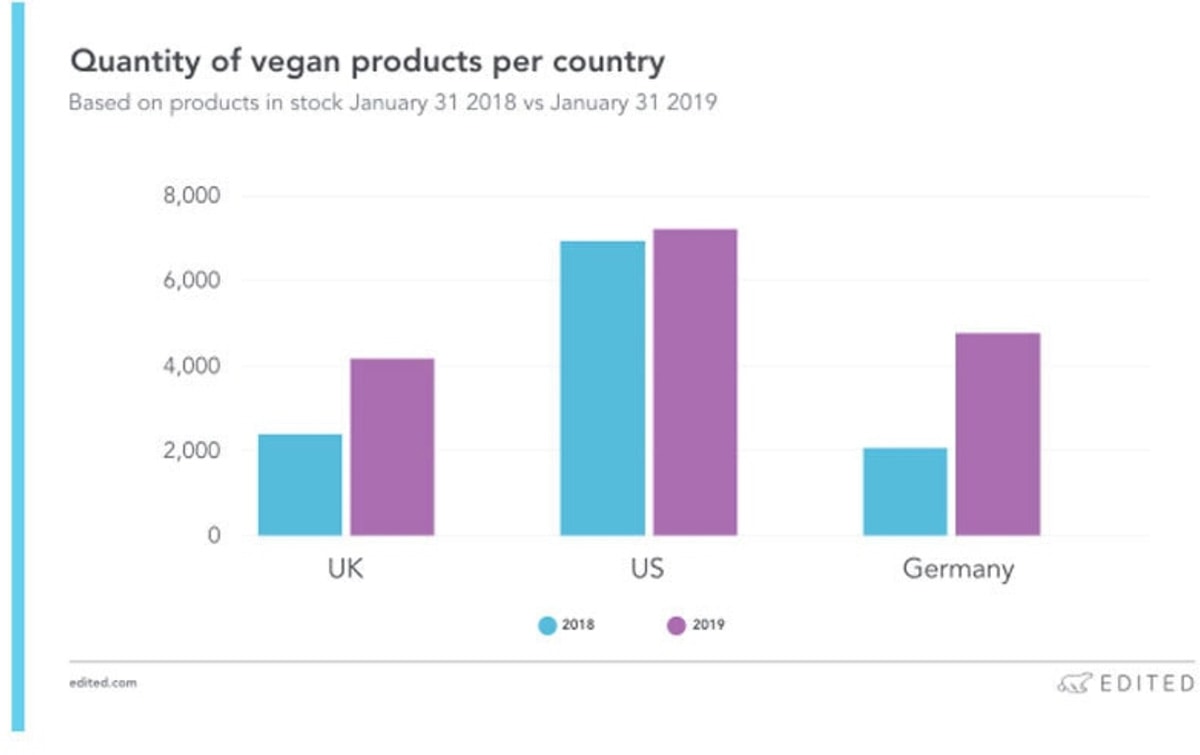
New Look launches range of vegan shoes and bags
British fashion giant New Look becomes the first high-street fashion retailer to register products with The Vegan Society’s Vegan Trademark. New Look’s registered products are free of animal-derived components, including any that might be found in fabrics, threads, glues, dyes and treatments, also the manufacturing process for the products and their materials are free of animal testing.
Read more...
In pictures: Topshop launches its first vegan shoe collection
As the popularity of cruelty-free fashion continues to skyrocket, Topshop has joined the trend and launched its inaugural vegan shoe collection. Handmade in Spain, the PETA-approved vegan footwear collection comprises of six styles and features a neutral palette of snakes, croc, nude, toffee, orange, black and white across 12 options. In addition to the vegan footwear, items will be packaged in boxes assembled using 100 percent non-animal and non-fish glue.
Read more...
Po-Zu announces first 100 percent vegan footwear collection
London-based ethical footwear brand, Po-Zu, announced its first 100 percent vegan AW19 mainline collection. The new range, includes sneakers, cork runners, flats and traditional walking and winter boots with a modern twist, it is made from ‘Apple Skin’ - vegan leather derived from the apple juice industry and grown in the Italian Alps - coconut husks, cork, rubberised cotton and pineapple leaves.
Read more...
Vivobarefoot launches plant-based shoe
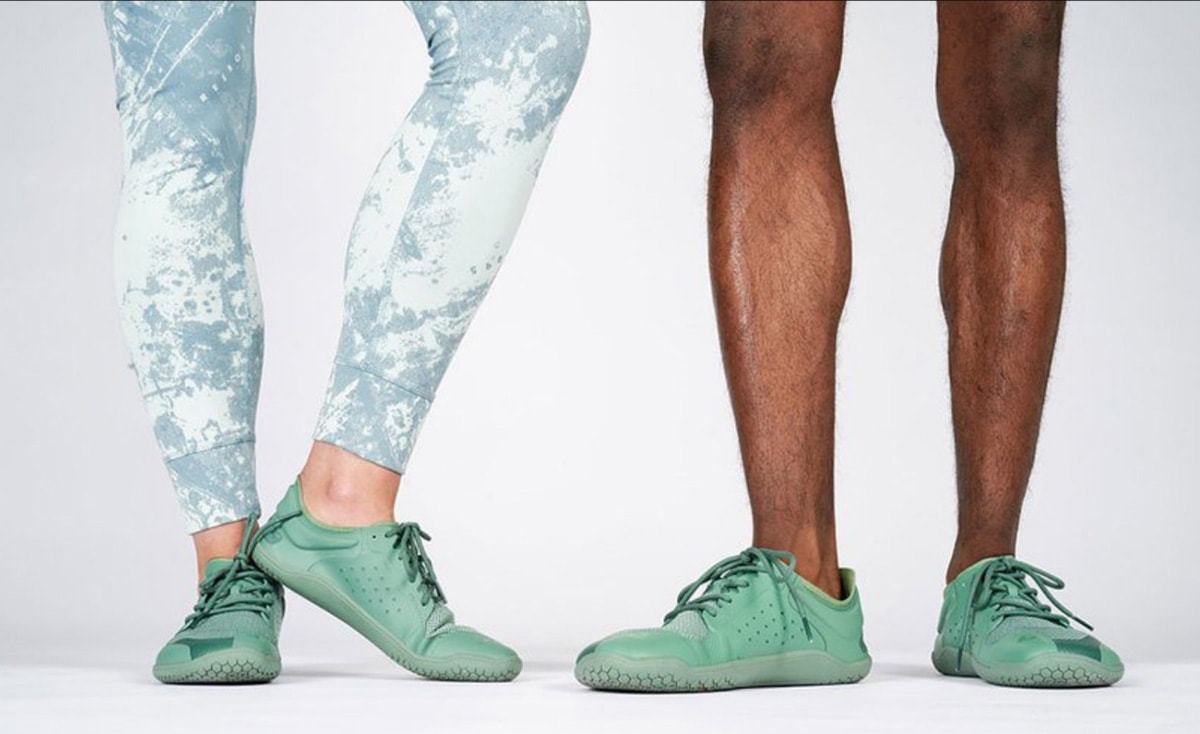
Global barefoot shoe brand Vivobarefoot has launched its most innovative sustainable shoe to date with its plant-based Primus Lite II Bio, the new vegan shoe is designed with more than 30 percent renewable plant-based materials, including Bio TPU made from yellow dent field corn and uses natural rubber and harvested algae called ‘Bloom’ instead of single-use petroleum materials.
Read more...
Awards
M&S receives first-ever award from PETA for vegan retail
British multinational retailer Marks and Spencer has been recognized for its vegan efforts. PETA awarded M&S with its first ever “Vegan-Friendly High Street Retailer” recognition. The retailer's Plant Kitchen range offers over 50 vegan food dishes and M&S also introduced an affordable line of vegan footwear with 350 different styles.
Read more...
What the experts have to say
Starting a new vegan label, product line or even just one product is not easy and those thinking about it should research the market, their target audience and the USP of their product or range well. FashionUnited has spoken with entrepreneurs from six innovative vegan brands that have learned a lot on their journey and are happy to share their experiences.
Brave GentleMan founder Joshua Katcher on building a vegan menswear brand
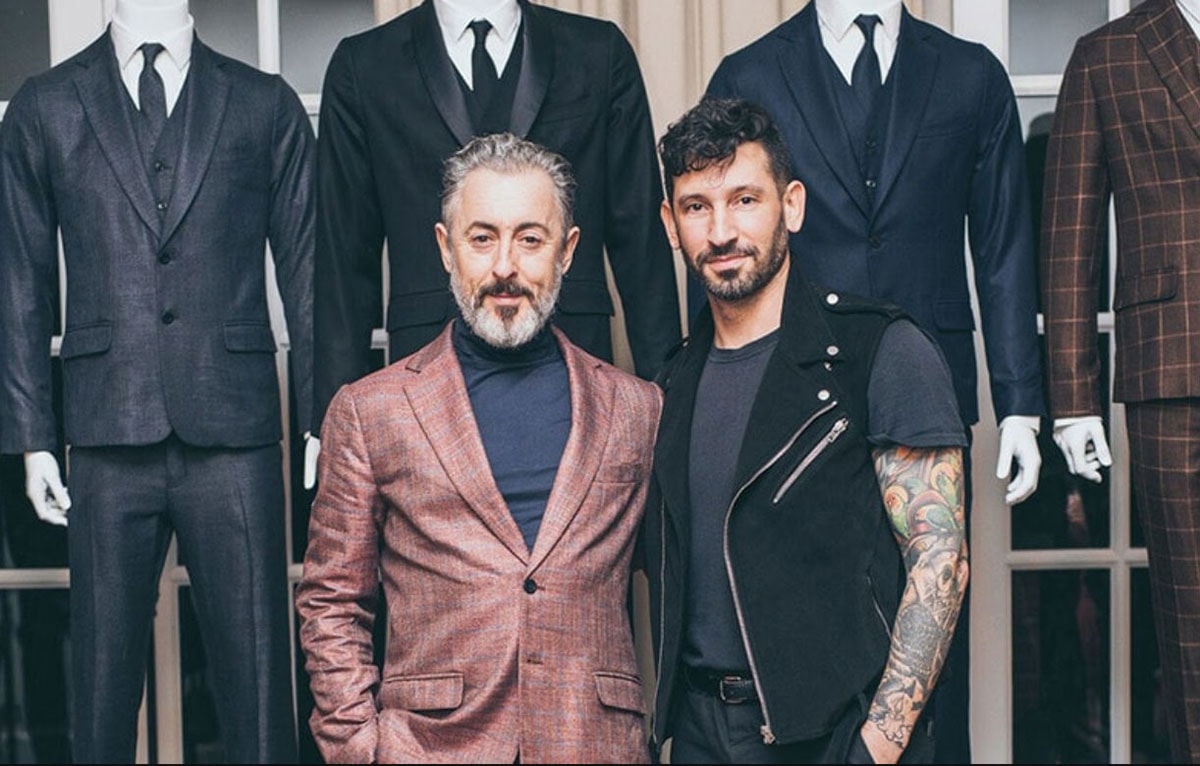
New York based high-end menswear clothing store Brave GentleMan offers a broad range of completely vegan menswear products, from 100 percent Italian-milled bamboo suits with buttons made from tagua nuts, to footwear made from EU Ecolabel-certified Italian PU. Future-wool, future-silk, future-ivory and future-slik are also used throughout the brand’s designs.
Read more...
Vegan fashion: Q&A with British brand Beyond Skin
Brighton-based British footwear brand Beyond Skin has been creating stylish shoes that are ethical and vegan. Beyond Skin is on a mission to make cruelty-free fashion the way of the future. The brand has grown in popularity - both within the vegan community and outside of it - and has been worn by the likes of actress Natalie Portman at the Golden Globes, the Oscars, and in her movie “V for Vendetta”.
Read more...
Vegan fashion: Q&A with mother-daughter brand HFS Collective
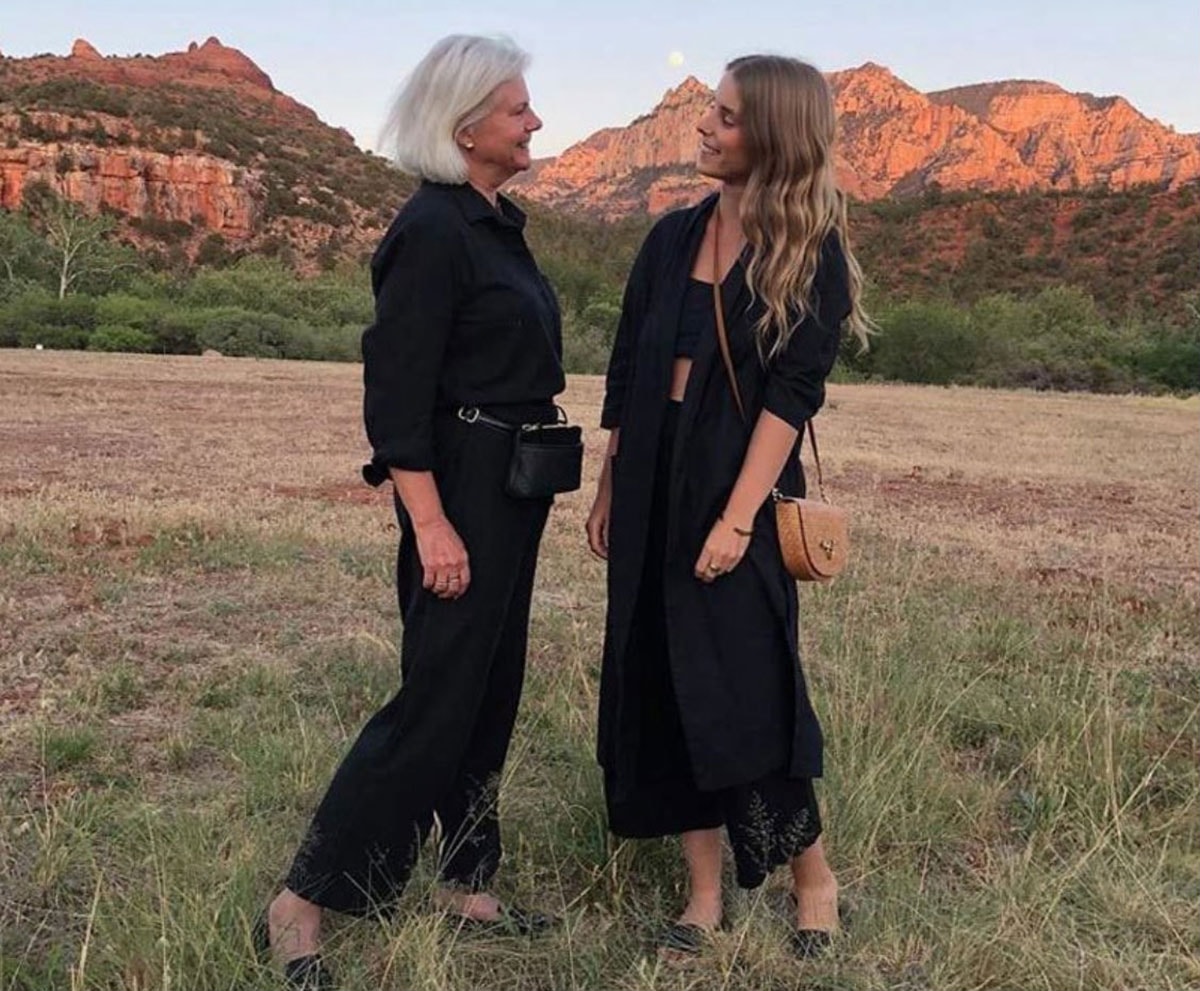
Los Angeles-based brand HFS Collective is an ethical and sustainable-driven brand that produces a selection of wallets and bags using solely vegan methods. Five percent of the brand’s earnings is donated to organisations that help empower women, protect animals and preserve the environment.
Read more...
The rise of vegan fashion: Q&A with Delicious California
Headquartered in Folkestone’s Old High Street, UK, Delicious California is a 100 percent vegan independent brand which proudly describes itself as ‘ethical, original and fun’. Delicious California focuses on the environmental impact of the manufacturing process and uses water-based inks, and the cleaning products used in the screen printing process are environmentally friendly.
Read more...
Vegan fashion: Brazilian brand Insecta Shoes wants to take over EU and North America
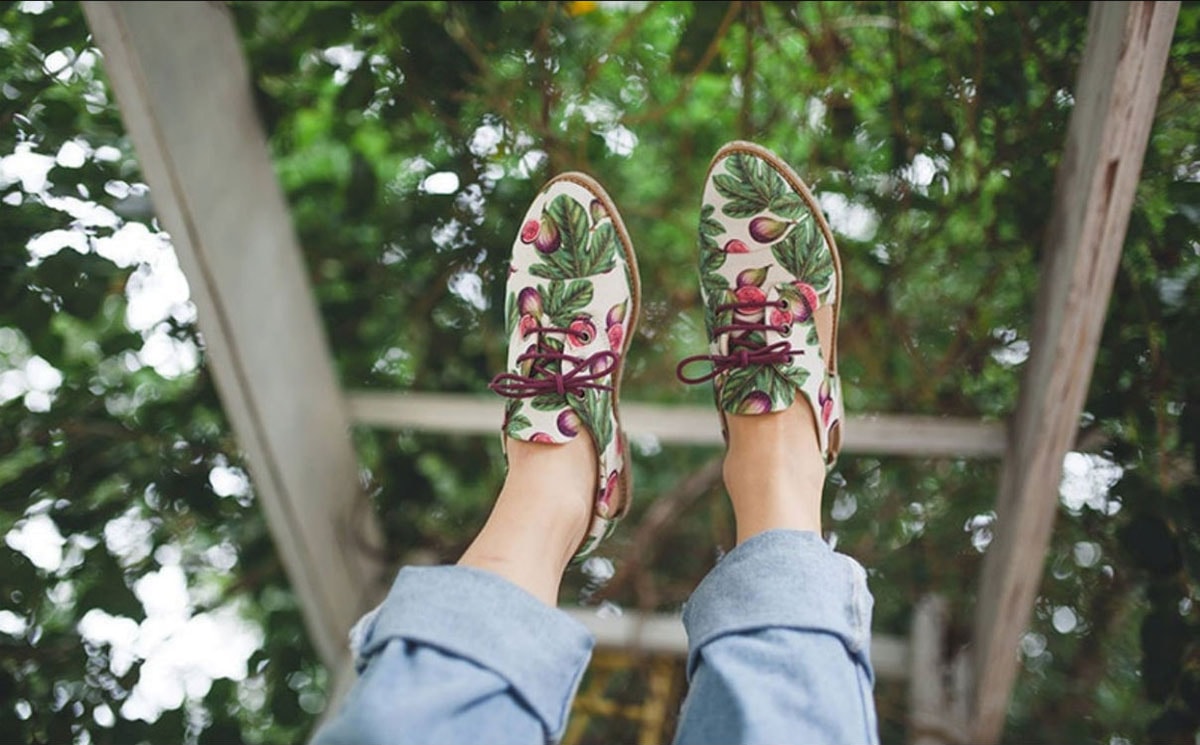
Brazillian brand Insecta Shoes, affectionately nicknamed “beetles,” are a rising vegan footwear label. The fabrics used are always upcycled, the sole is made from recycled rubber, the insole is made with surplus fabric from their own production and the sewing thread is made of recycled PET bottles. Insecta has a reversed logistics solution: When customers no longer want to wear the shoes, they can return them to the store to be recycled, avoiding generating more waste in the world.
Read more...
Interview: Veja on its new biodegradable sneakers made from corn waste
French sneaker brand Veja has taken the industry by storm, with a simple but very smart concept: minimalist sneakers that make the world a little better through their ethical and sustainable design. In addition to organic cotton, recycled plastic and rubber from traditional sources, a new material is now being used: a leather substitute made from corn starch waste, a non-edible part of the plant.
Read more...
Though the vegan lifestyle may not have (yet) become the new mainstream, it is certainly here to stay and brands and retailers are well advised to heed this trend. They should also do their research well as not everything sold as vegan is also environmentally friendly, thus not benefitting people or animals in the long run. What is sold as “vegan leather”, for example, is often nothing but polyester or polyurethane. But as we have seen, there are many trailblazers now that show how it is done.
Photos: courtesy of HFS Collective, Gunas, Edited, Vivobarefoot, Brave GentleMan, HFS Collective, Insecta
* This article was originally published here







